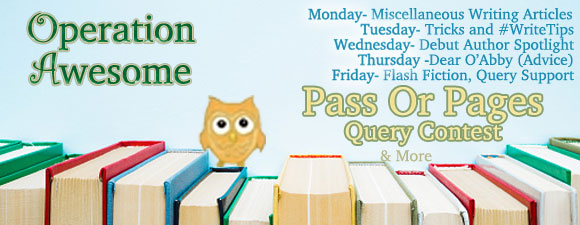Over several years since I have first watched the film, I have seen the film many times and read the book many times. I watched the film first, and then I read the book. Then I watched the film again and again. Then re-read the book and watched the film again and again. No particular pattern other than going back and forth. On the next pass, I will probably fill out the Story Grid, the Hero's Journey, and Save the Cat beats as a case study.
This story is one of my go-tos because I love complicated storylines with a lot of moving pieces. This is up there with LOTR for me. As a writer, I am into this because I have a couple of novel ideas that are similar with large casts of characters and multiple plot lines. That is my dream writing goal, to finish one of my complicated stories.
Cloud Atlas by David Mitchell is one of those stories that needs to be read multiple times. Not just because it is good, but because there are so many layers and details that are missed on the first pass and then "ah ha!" on the next pass. Even going back to the film or the book, I make new connections and ask new questions about characters, their dreams, and their motivations.
Essentially, the story has six eras in time, starting with American lawyer Adam Ewing traveling across the sea; music composer Robert Frobisher writing a sextet score; journalist Luisa Rey uncovering a big story; publisher Timothy Cavendish dealing with an old client and writing his own memoir; Sonmi-451 becoming a revolutionary who gives a public broadcast; and Zachry Bailey growing to help Meronym, the Prescient people, and his own tribe.
The novel goes from Adam to Frobisher to Luisa to Timothy to Sonmi-451 to Zachry, and then goes back to Sonmi-45 to Timothy to Luisa to Frobisher to Adam. I find this clever because Adam's diary page is missing, then the reader delves into Frobisher 's letters as he read Adam's diary. Luisa was reading Frobisher's letters. Timothy was reading the novel by Luisa Rey to potentially publish. Sonmi-451 watched the "disney" (what we call films) of Timothy's memoir translated to screen. Zachry and his village worshipped Sonmi and their sacred text is taken from her public broadcast.
But all 6 of these main characters have a shooting star birthmark, which plays into the theme of reincarnation and replication of the story throughout different eras. Not to mention all of the other themes at play in the book, including slavery, injustice, truth, creativity, love, and life.
Lot of layers, right?
Then the film does something similar with moving back and forth among the characters and the timelines, and an in-depth analysis would be a very lengthy post. But I admire the decisions the filmmakers made about how to present this story in a way that honors all 6 plots and characters, with the cast members performing multiple roles. Even with the length of the film, it is easy to stay interested and invested in all of the characters because of the cliffhangers and movement among the characters and storylines.
This is what I really enjoy about the film. I can focus on one character, and see how they connect to the other story lines.
So if I focus on Tom Hanks, he has a role in the other 5 stories that are not his primary story. Then this character's growth and development over time becomes a separate and new plotline all of its own with dynamic character arcs with positive growth and setbacks with new learning and new moments.
Then if I focus on Halle Barry, she has a part to play in the other 5 stories. For information about the cast, click here.
More layers. This should be a trifle. I want to eat the layers and see them on the side of the bowl in a visual and edible fashion.
The book uses different words and language that may be considered unusual, like calling a film a "disney," "eating soap," and so on. There is even a thesis examining the language in the novel, see here.
Then there are the themes and gems of truth that are literally dripping off of every page and nearly every word in the film.
"Truth is singular. Its 'versions' are mistruths."
"Travel far enough, you meet yourself."
"Unlimited power in the hands of limited people always leads to cruelty."
"My life amounts to no more than one drop in a limitless ocean. Yet what is any ocean, but a multitude of drops?"
Obviously I can continue gushing about this novel and film, but you get the point. Either reading the novel or watching the film, you cannot go wrong if you enjoy large and complicated characters and stories.
Do you have a novel and/or film that you want to study in order to inform one of your original stories?






No comments:
Post a Comment